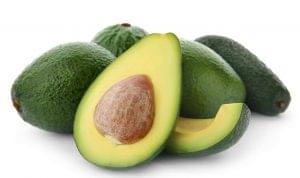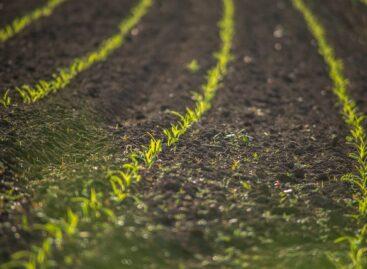Another problem could cause food prices to rise
Latin American agriculture could face serious consequences if the United States imposes new sanctions on Russian fertilizer exports. From Mexican avocados to Brazilian soybeans and corn to Colombian coffee, the fate of many key agricultural products depends on Russian fertilizers, according to a recent Reuters analysis.
Russian fertilizer as a critical agricultural input
 Latin American countries rely heavily on Russian fertilizer imports. Brazil, for example, covered nearly a third of its fertilizer needs, worth about $3.7 billion, from Russian imports in 2024. Lucas Beber, vice president of the Brazilian Grain Growers Association, said the new sanctions could make soybean and corn production “unviable.” The tension is only heightened by the fact that these crops are not only vital domestically but also key exports in the global food chain.
Latin American countries rely heavily on Russian fertilizer imports. Brazil, for example, covered nearly a third of its fertilizer needs, worth about $3.7 billion, from Russian imports in 2024. Lucas Beber, vice president of the Brazilian Grain Growers Association, said the new sanctions could make soybean and corn production “unviable.” The tension is only heightened by the fact that these crops are not only vital domestically but also key exports in the global food chain.
Mexico is also vulnerable, with more than $580 million worth of Russian fertilizer expected to be purchased in 2024. A shortage of urea, the most widely used fertilizer in Mexico, would primarily affect corn, wheat, sorghum and avocado plantations. According to Raul Urteaga, a former official in Mexico’s Ministry of Agriculture, the cessation of fertilizer imports would reduce crop yields and quality, which could also lead to higher prices in US markets.
Colombia and Central America also face supply shocks
Russia is Colombia’s largest supplier of fertilizer, accounting for about 25% of imports. The South American country’s coffee, flower and fruit exports, especially to the United States, are directly dependent on access to fertilizer.
The World Bank report says that the surge in fertilizer prices in the Central American region has contributed significantly to food inflation and the livelihood crisis that has become a major driver of migration. The US-based Mosaic, which has already cut business ties with its Russian partners, also expressed concern about global price fluctuations due to supply disruptions.
Related news
More compound fertilizers sold this year
🎧 Hallgasd a cikket: Lejátszás Szünet Folytatás Leállítás Nyelv: Auto…
Read more >Related news
GDP growth in OECD member countries slowed to 0.3 percent in the last quarter of last year
🎧 Hallgasd a cikket: Lejátszás Szünet Folytatás Leállítás Nyelv: Auto…
Read more >









